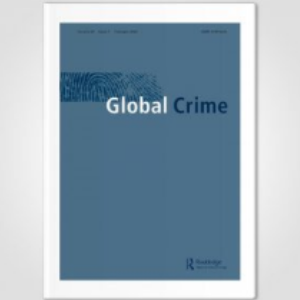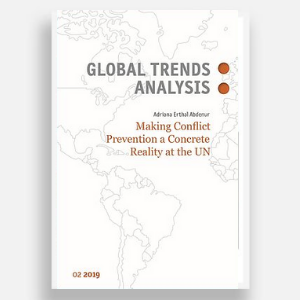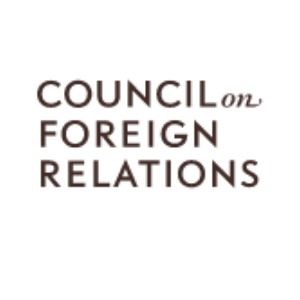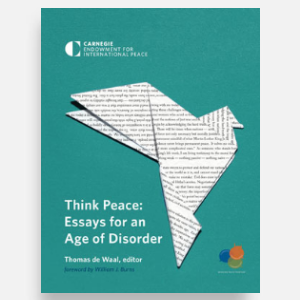
These countries are doing the best and worst jobs fighting coronavirus
Published in USA Today By Robbert Muggah The majority of global public health experts believe that countries need to act quickly and decisively to reduce what Robbert Muggah, a leading Brazil-based risk and security specialist, said “represents the most significant threat to population health and

























